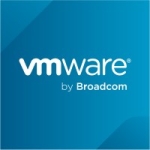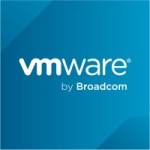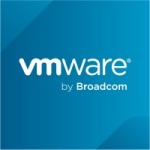What is our primary use case?
We use Amazon AWS as a data platform.
What is most valuable?
The features that I have found most valuable are its cloud storage and compute services.
What needs improvement?
Amazon AWS could improve on its data warehousing appliance.
Its only cons are on the data warehouse side. AWS' data warehouse Redshift is not as good as it should be.
In terms of what should be in the next release, I would say nothing much other than that AWS has a lot of services doing similar work. If they could consolidate and make sure that the services are defined appropriately, that would be an improvement. Currently, there is a duplicacy of work.
For how long have I used the solution?
I'm working with AWS for almost five years.
What do I think about the stability of the solution?
The stability is very good.
You do not need tons of people for maintenance, because a lot of automation will be brought in by AWS, and you can have one or two people to manage the platform.
What do I think about the scalability of the solution?
Amazon AWS' scalability is very good.
There are a lot of features that require scaling - the scale up and scale down aspects of load balancer, Spot Instances, On-Demand Instances, and all those things. You can configure your limits, and based on that, the computer infrastructure can be scaled up.
There are tons of users using it. Whatever the project I work on, there are almost 200 users using it.
There are lot of data engineers, data scientists, and business users using it.
How are customer service and support?
Customer and technical support are very good.
How was the initial setup?
The initial setup is straightforward.
What's my experience with pricing, setup cost, and licensing?
The licensing costs are all similar. All charges are similar in nature, such as storage cost, compute cost, VM cost, or VP costs, and all those things. Two advantages on this point here are whether you take Spot Instances or if you reserve for long term usage, then you'll get a lot of benefit.
If you want to use any third party services you have to pay from the Marketplace, but the other things are all pay-as-you-go kind of a model.
What other advice do I have?
Amazon has a great customer base and lot of success stories. That is one advantage that AWS has, whereas the others are catching up. Recently they have more case studies, but for overall breadth of the industry and breadth of the customer experiences, AWS has more customers. AWS has more services than the other competitors.
My advice to anyone thinking about using Amazon AWS is that they need to set up the foundation well, and they need to choose the right partner to do the implementation. The more experience the partner has, the better the implementation will be.
On a scale of one to ten, I would give Amazon AWS an eight.
Which deployment model are you using for this solution?
Public Cloud
If public cloud, private cloud, or hybrid cloud, which cloud provider do you use?
Amazon Web Services (AWS)
Disclosure: My company does not have a business relationship with this vendor other than being a customer.


















